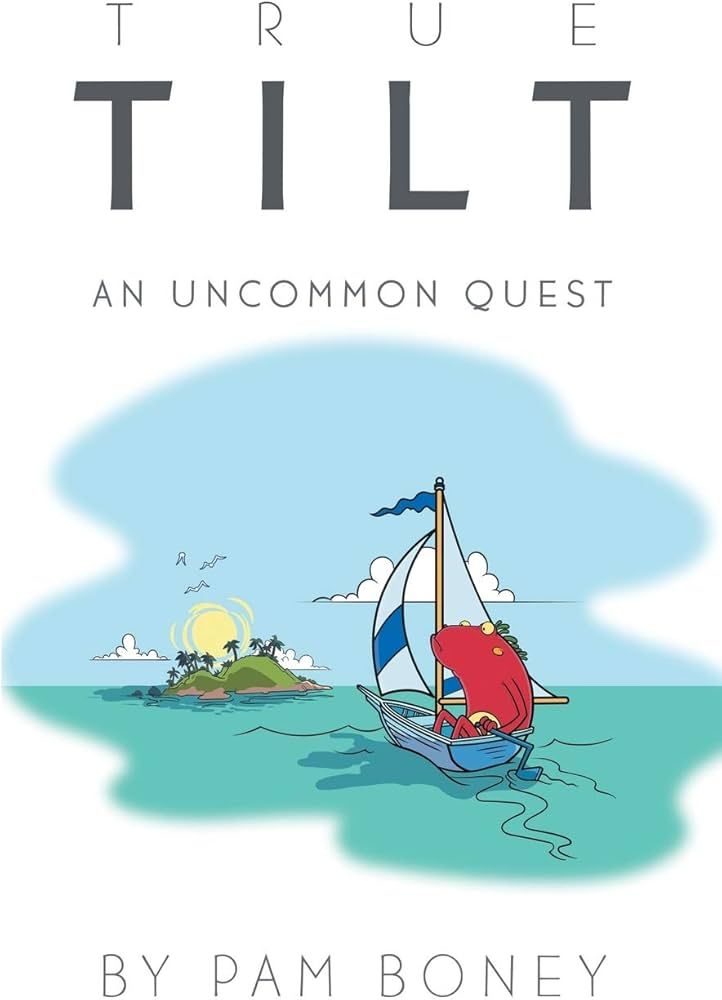Feeling stuck
Oct 29, 2025
We’ve all been there.
You’re in a coaching session, listening intently as your client shares their story. You’re trying to make sense of it all — but suddenly, you feel lost. You’re not sure what to ask next.
So, you reach for the safety line: “Tell me more.”
Some clients love that question. It gives them space to open up, to be heard. You listen deeply, nodding, connecting — but as their story grows more detailed, you start to lose the thread. Instead of finding clarity, you drift further into confusion.
Then the inner dialogue begins:
- What would a wise coach say now?
- How can I ask a really powerful question?
- Why can’t I remember a single one of those 100 great coaching questions from training?
The mental pressure builds. Thoughts race. Doubt creeps in. Maybe even shame.
Before you know it, you’re stuck in a hamster wheel of overthinking — and your brain quietly shifts from curiosity to self-protection.
From a neuroscience perspective, this reaction makes perfect sense.
When we feel calm and safe, our prefrontal cortex — the part of the brain behind your forehead — runs the show. It handles creative thinking, problem-solving, empathy, and big-picture awareness. In that state, we’re open, flexible, and connected.
But under pressure or stress, the amygdala and limbic system take over — the brain’s survival circuits. Blood flow and energy shift away from the prefrontal cortex toward the areas that manage fight, flight, or freeze responses. Your brain literally can’t be creative and resourceful while it’s trying to survive.
What To Do Instead
When you notice yourself freezing, forgetting your questions, or feeling inadequate — pause. Don’t push harder. Soften. Instead of trying to be the “perfect coach,” trust yourself — and your client. Name what’s happening in the room. For example:
- “That sounds like a lot to hold — where would you like to start?”
- “There’s so much here; what feels most important right now?”
- “As you share this, what emotion comes up for you?”
These simple reflections bring you and your client back into the present moment. They re-engage curiosity, shift the energy, and often open the door to deeper insight — without pressure or performance.
Feeling stuck doesn’t mean you’re failing as a coach. It’s a signal — your brain telling you it needs safety before creativity can return. When you slow down, breathe, and stay honest with your client, you create the very conditions that allow meaningful coaching to happen.
Learn more about Laser Agility Coaching
Written By Erika Bill-Peter
Stay connected with news and updates!
Join our mailing list to receive the latest news and updates from our team.
Don't worry, your information will not be shared.
We hate SPAM. We will never sell your information, for any reason.


